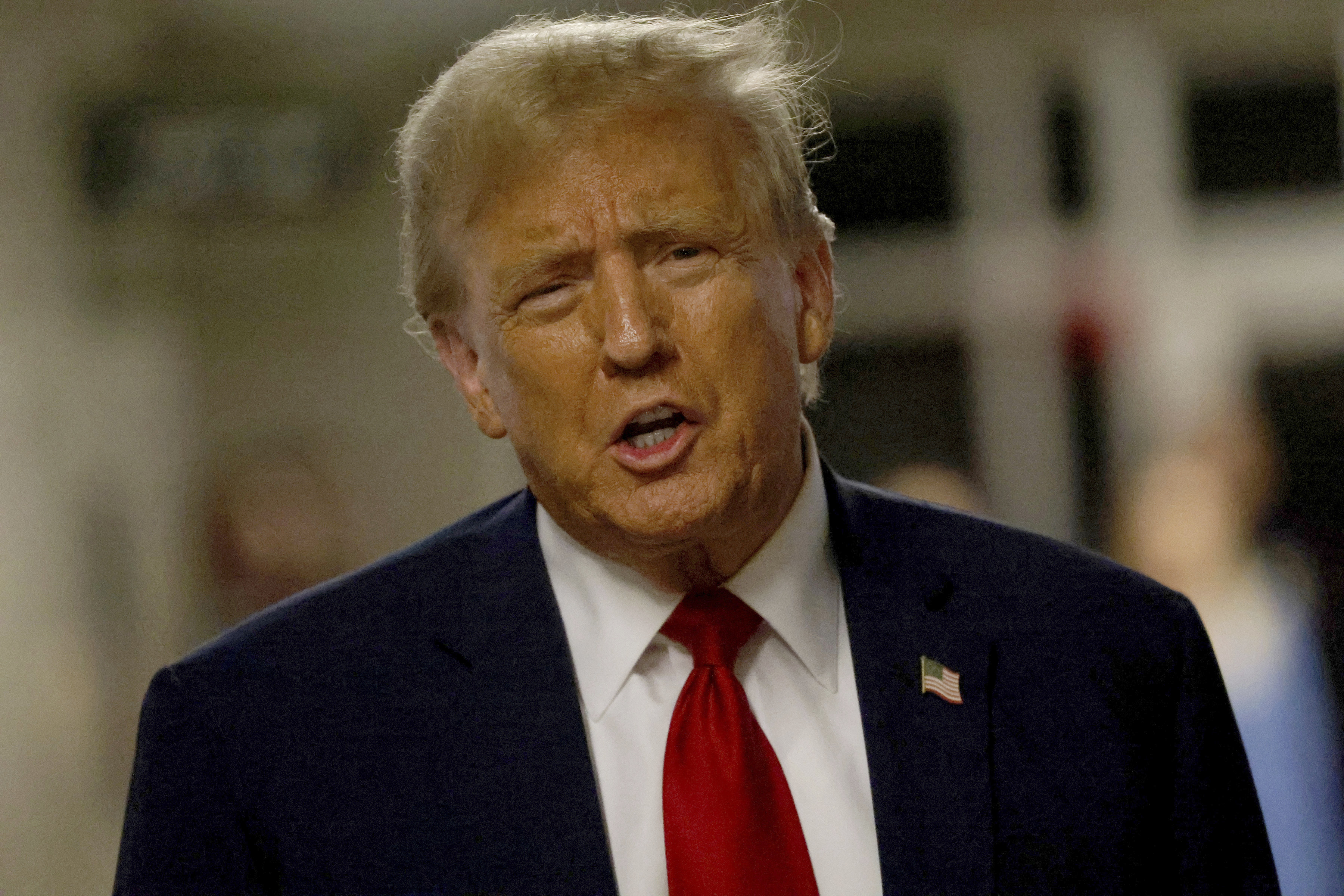U.S.-backed Iraqi forces on Sunday launched a multi-pronged assault to retake the town of Tal Afar, west of Mosul, marking the next phase in the country's war on the Islamic State group.
Tal Afar and the surrounding area is one of the last pockets of IS-held territory in Iraq after victory was declared in July in Mosul, the country's second-largest city. The town, about 150 kilometers (93 miles) east of the Syrian border, sits along a major road that was once a key IS supply route.
"The city of Tal Afar will be liberated and will join all the liberated cities," Prime Minister Haider al-Abadi said in a televised speech early Sunday. He was dressed in a black uniform of the type worn by Iraqi special forces.
He called on the militants to "surrender or die."
By early afternoon, Lt. Gen. Abdul-Amir Rasheed Yar Allah, who commands the operation, said the forces had recaptured a series of villages east, southwest and northwest of town.
The U.S.-led coalition providing air and other support to the troops praised what it said was a "capable, formidable, and increasingly professional force."
"They are well prepared to deliver another defeat" to IS in Tal Afar, like in Mosul, the coalition said in a statement.
U.S. & World
The day's top national and international news.
On the front lines, pillars of smoke could be seen rising in the distance as U.S. and Belgian special forces worked with Iraqi troops to establish a position on the roof of a house. They later fired mortar rounds and launched drones.
Lt. Gen. Riyad Jalal Tawfiq, of the Iraqi army, said IS had deployed small teams of attackers as well as suicide car bombs and roadside bombs.
The Coalition estimates that approximately 10,000-50,000 civilians remain in and around Tal Afar. In past battles, IS has prevented civilians from fleeing and used them as human shields, slowing Iraqi advances.
Hours after announcing the operation, the United Nations expressed concerns over the safety of the civilians, calling on warring parties to protect them.
Iraqi authorities have set up a toll-free number and a radio station to help guide fleeing civilians to safety.
A stepped up campaign of airstrikes and a troop buildup has already forced tens of thousands to flee Tal Afar, threatening to compound a humanitarian crisis sparked by the Mosul operation.
Some 49,000 people have fled the Tal Afar district since April, according to the United Nations. Nearly a million people remain displaced by the nine-month campaign to retake Mosul.
The U.N. Humanitarian Coordinator for Iraq, Lise Grande, described the situation inside Tal Afar as "very tough," with food and water running out and many lacking basic necessities.
"Families are trekking for 10 to 20 hours in extreme heat to reach mustering points," she said. "They are arriving exhausted and dehydrated."
Iraqi forces have driven IS from most of the major towns and cities seized by the militants in the summer of 2014, including Mosul, which was retaken after a grueling nine-month campaign.
But along with Tal Afar, the militants are still fully in control of the northern town of Hawija as well as Qaim, Rawa and Ana, in western Iraq near the Syrian border.
Tal Afar has been a stronghold for extremists in Iraq since the 2003 U.S.-led invasion that toppled Saddam Hussein. Many senior leaders of IS and its predecessor, al-Qaida in Iraq, were from Tal Afar.
Iraq's state-sanctioned and mostly Shiite militias largely stayed out of the operation to retake Mosul, a mostly Sunni city about 80 kilometers (50 miles) to the east, but have vowed to play a bigger role in the battle for Tal Afar, which was home to both Sunnis and Shiites, as well as ethnic Turkmen, before it fell to IS, a Sunni extremist group. The militias captured Tal Afar's airport, on the outskirts of the town, last year.
Their participation in the coming offensive could heighten sectarian and regional tensions. The town's ethnic Turkmen community maintained close ties to neighboring Turkey. Turkish officials have expressed concern that once territory is liberated from IS, Iraqi Kurdish or Shiite forces may push out Sunni Arabs or ethnic Turkmen.
Salaheddin reported from Baghdad. Associated Press writer Ahmed Sami contributed to this report.



